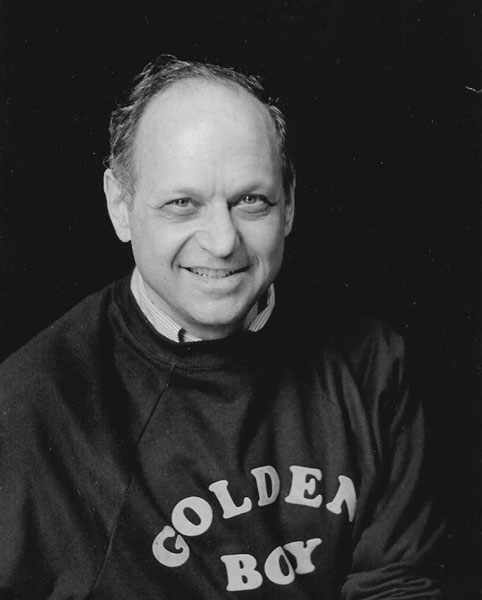
“If you wanna be a top banana, you gotta start at the bottom of the bunch.”
So goes Johnny Mercer’s lyric to the title song of the 1951 Broadway musical that opened seventy years ago this fall. Starring Phil Silvers as an over-the-top television star, Top Banana was a big hit and ran for 350 performances. A part of Broadway’s distant past, it’s never received a revival of note (there's a very odd film version of the play shot at a Los Angeles theatre, with ill-timed reaction shots from the audience and no attempt at turning it into a film, the result being a stagnant and mostly unfunny hybrid). Any revival would naturally hinge on finding an actor to play Jerry Biffle (next to impossible), as he was a character very much a creature of his time — a thinly-veiled spoof of the broad comic Milton Berle when he was the undisputed king of television. But Top Banana has its small treasures, and in Silvers, it had one of the truly great musical theatre stars doing what he did best: making people laugh.

Philip Silver (the “s” was added later) was born on May 11, 1911 in the Brownsville section of Brooklyn. The British "Phil Silvers Appreciation Society" describes his upbringing as his being “the youngest of eight children born to Saul and Sarah Silver, Russian-Jewish immigrants who had fled to the United States. Phil once remarked that his parents’ story ‘was like Fiddler On The Roof, minus the music, Chagall-style scenery and friendly Gentiles!’” And, believe it or not, Silvers was once a boy-soprano: his singing voice his ticket out of the ghetto. He would get in front of any audience he could, either at parties or at local movie theatres, in order to bring in some money for his large family. Once his voice changed, Silvers kept his oar in show biz by working his way up through vaudeville and burlesque houses as a comic, finally reaching “the big time” when he became a star at Minsky’s. This led to his first Broadway musical Yokel Boy in 1939, in a relatively minor part. But then in a stroke of luck, when the show’s star quit before opening, the producers quickly crafted a better role for Silvers to fill the void. Having enjoyed the clever improvising he had come up with in rehearsals, they rewrote the show to better showcase the comedian. Silvers himself described how that character became the basis of his future persona: “Punko Parks was the role that I played for years, the aggressive, smiling, call-a-tall-man-Shorty manipulator was born.”
After that, Silvers went to Hollywood where he mostly found himself grinding out films supporting the leads in musicals like Gene Kelly or Betty Grable. Ideally, his kind of brash humor worked better in front of an audience live on stage. When his old friend called — the lyricist Sammy Cahn — it was with an offer to star in a new Broadway musical he was writing. With music by Jule Styne, High Button Shoes was a smash in 1947, and in Harrison Floy, Silvers scored once again with his likable, if familiar, con-man characterization.
It was Silvers who came up with the idea for his next Broadway musical, one fashioned around the backstage goings-on at a TV musical variety program, focused on its egotistical star’s outrageous behavior. As Silvers put it: “In 1950 the tyrant of the tube was Milton Berle; on Tuesday night at eight, he had the whole country in his hand. I would do Uncle Miltie … I knew every flip gesture of Berle’s, every ruthless smile. Milton was, shall I say, an impatient man. He had to have his laughs, and he didn’t care where or how he found them.”





















Write a comment ...